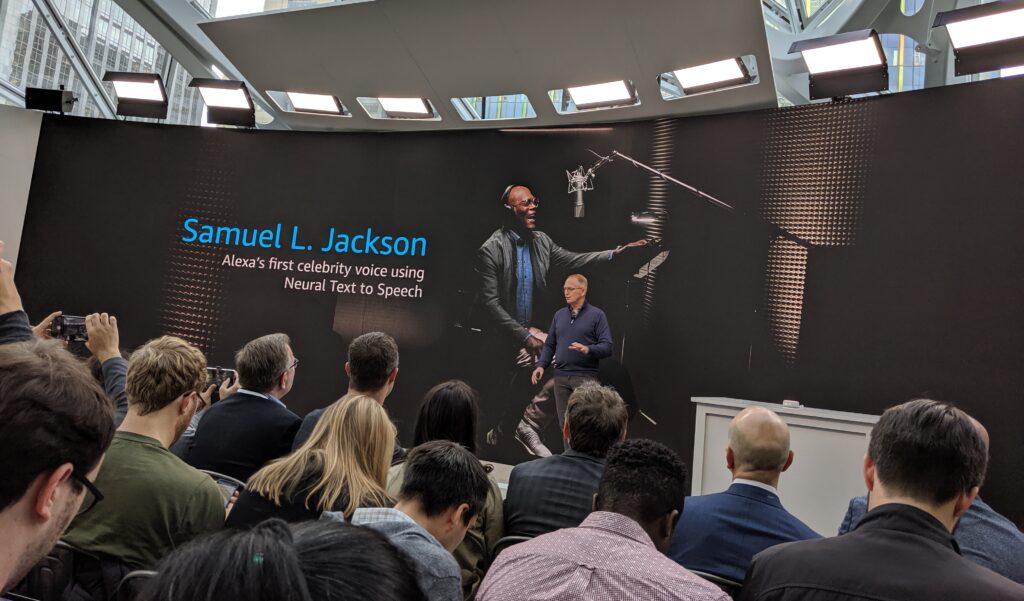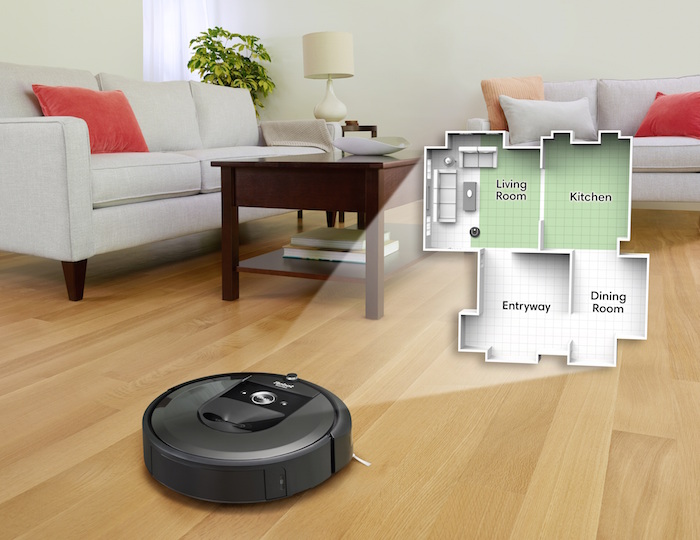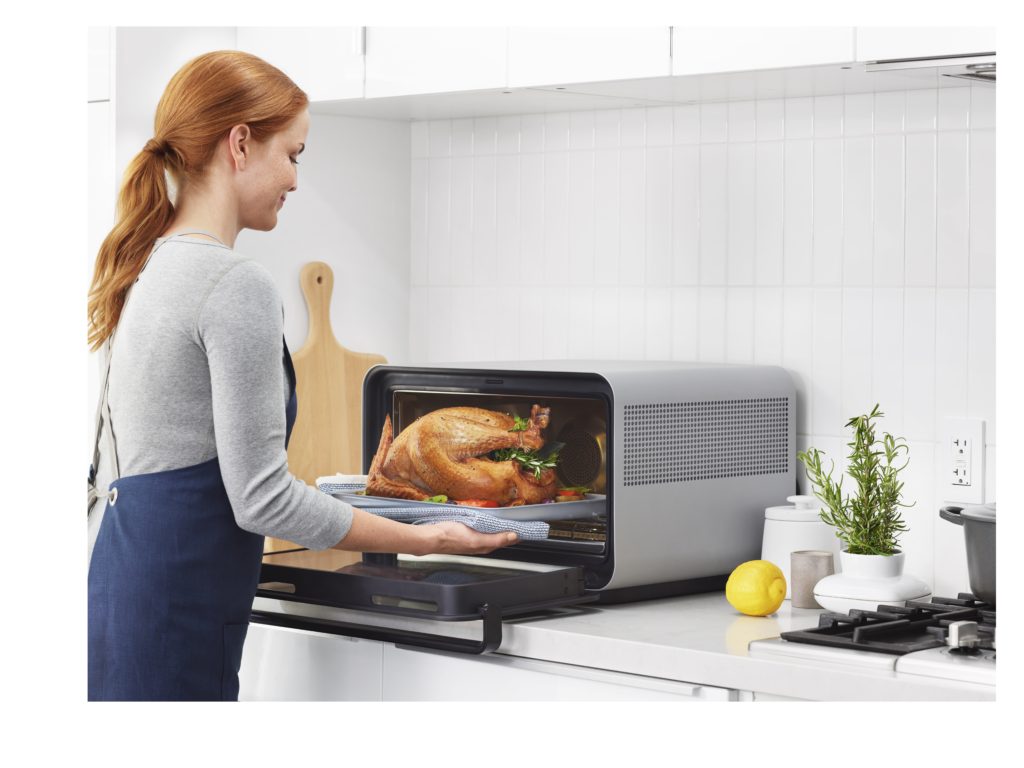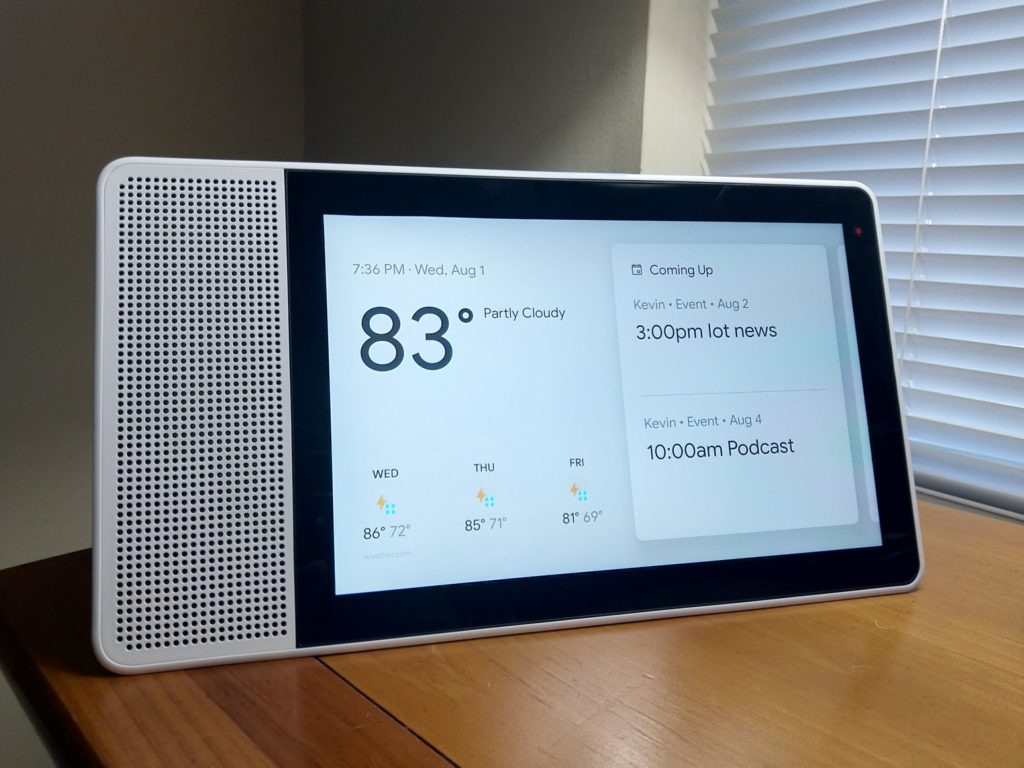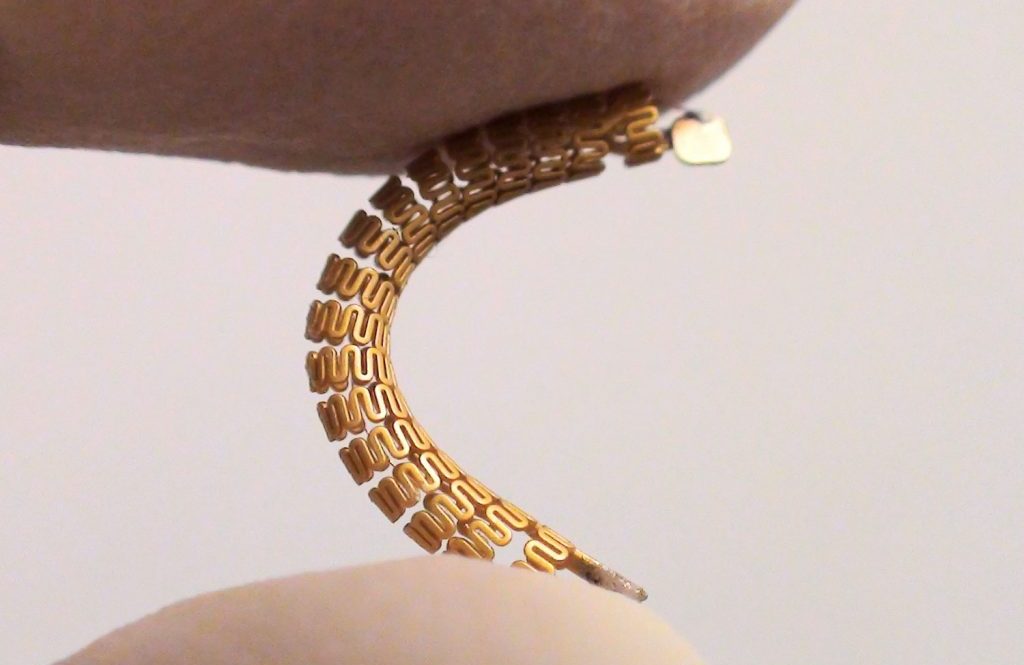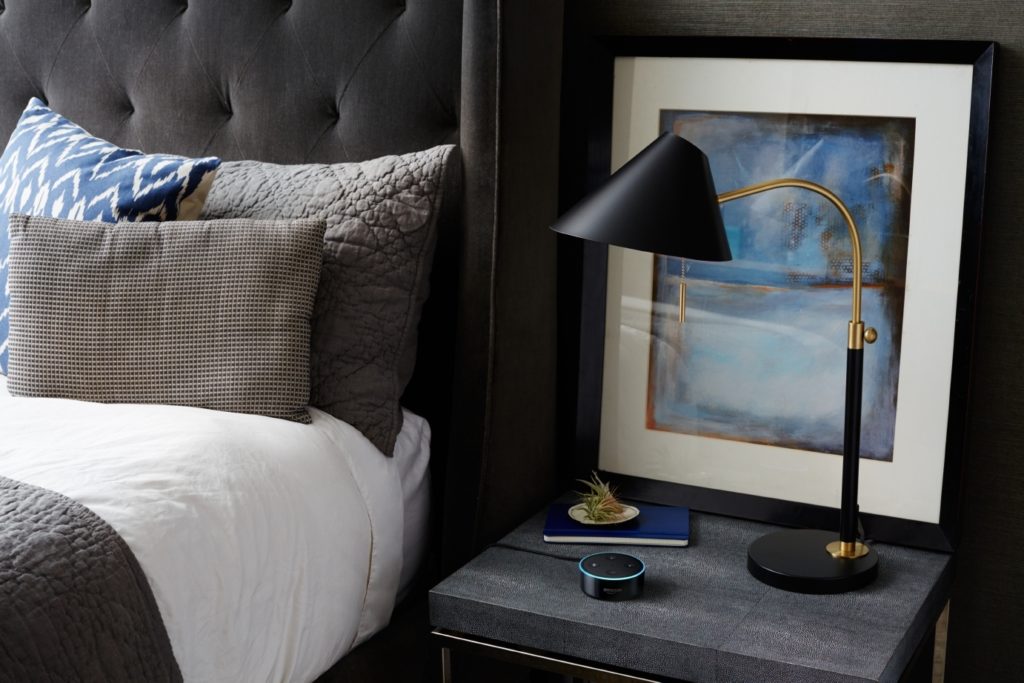This week we returned to the Amazon announcements from last week, so Kevin and I could share our thoughts in depth. We hit the popular gadgets, Sidewalk and even delved into the smart oven. We also covered funding news for two companies trying to build products for apartment buildings. IOTAS scored $8.5 million while SmartRent raised $32 million. We also discussed Microsoft’s powerful new earbuds, a new talent for Google Home products and industrial news from both Rockwell Automation and Emerson. We then answer a question about the best computing boards for teaching a teen to love STEM.

Our guest this week is Simon Crosby, the CTO of Swim.ai, a company that provides machine learning at the edge for a variety of use cases. Crosby explains how Swim.ai works and then digs into the challenges the company has faced in trying to find a business model that works. His example of parsing through 60 terabytes of data a day from traffic lights only to sell the resulting insights for a quarter per intersection is pretty tough. He does offer hope in the form of new tech developments that we also talk about on the show. Enjoy!
Hosts: Stacey Higginbotham and Kevin Tofel
Guest: Simon Crosby, the CTO of Swim.ai
Sponsors: Control4 and HiveMQ
- Find out what disappointed Kevin most from the Amazon announcements
- Yes, I am still geeking out about Sidewalk
- Why Rockwell bought MESTECH
- How to architect a product for machine learning at the edge
- The cost of parsing edge data doesn’t always match the value of the insights
Podcast: Play in new window | Download | Embed
Subscribe: RSS

